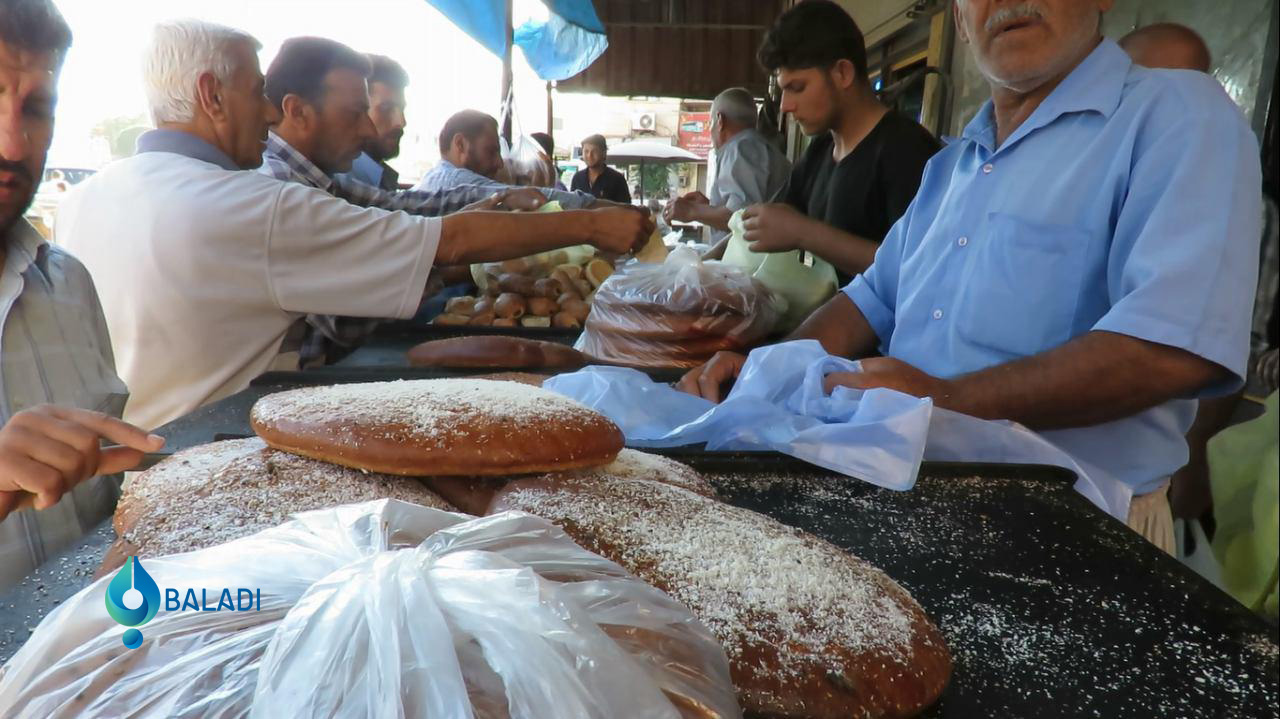Baladi News – Yasser al-Atrash
Ramadan, the holy month for Muslims, has always been an opportunity for families to gather at food tables for Suhoor and Iftar meals. However, this Ramadan will be different for people inside Syria; in each family, at least one member will be missing, either dead, detained or expatriated. Some of them will be present, but will need assistance to have food after a bullet or a shrapnel turned them into disabled people.
One Million Besieged
With the beginning of Ramadan, nearly one million Syrians are under absolute blockade in 11 areas all around the country, particularly in Damascus countryside. The blockade depleted all food storage, and many people find nothing to eat but some herbs and dead animals.
Over the past period, some aid convoys entered such areas, but their loads were not enough to cover the urgent needs of the besieged. The Security Council is considering airdrops to all blockaded areas, which could mitigate the sufferings of people, but nothing has been done yet.
Displacement is Another Disaster
In the midst of the fierce battles in several areas, many people will flee, or have already fled their areas.
In Aleppo governorate, the comprehensive battles in the southern, eastern, and northern country sides, as well as the heavy shelling on the city, left no safe haven for 165 thousand people, who were forced to stay in farmlands near the closed Turkish borders.
Whereas in Idlib, which is witnessing daily air strikes by the Syrian regime supported by the Russians, 50 thousands were forced to leave the city to the relatively safe villages, but the number is expected to double due to continued attacks against civilians.
Warmongers Aggravate the Crisis
As in any war, a number of merchants, who do not belong to any of the fighting parties, control the supply of basic materials to the markets, which contributed to record increases in the prices.
Despite the dramatic fall of the U.S dollar from 600 and down to 450 per a Syrian pound, families emphasized that the prices remained high amid significant unemployment rates and very low wages.
Moreover, thousands of civil servants are unable to earn their salaries. Amina, is a teacher from Idlib countryside, but she has to go to Hama in order to earn her salary that equals less than 30 thousand Syrian pounds. When she was asked why she had not earned it for four months, she said “We used to pay half our salary to the regime forces checkpoints on the road. Now, the whole salary will not satisfy them. Sometimes, colleagues had to pay additional amounts to safely return home. ”

